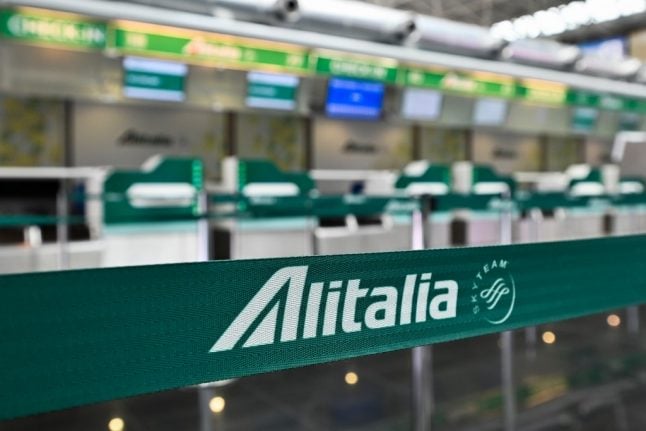Economic Development Minister Stefano Patuanelli told the Senate the money was aimed at turning the struggling company into the national airline it had been throughout much of its 74-year history.
“This is not another rescue,” Italian media quoted Patuanelli as saying. “This is the company's relaunch.”
READ ALSO:
Prime Minister Giuseppe Conte's government in March announced plans to renationalise Alitalia as part of a broader economic rescue package.
It then earmarked 500 million euros in support for the entire aviation sector.
The company filed for bankruptcy in 2017 and looked doomed in January when it failed to secure rescues from either the Italian state railway or Germany's Lufthansa.
Alitalia's management had asked government administrators in March to allow it furlough 4,000 of its 11,000 employees until more passengers are able, and willing, to fly.
The carrier's main trade union announced an agreement Thursday to suspend about 6,600 employees for seven months.
Patuanelli said government administrators intended to keep Alitalia's current fleet.
“There is no downsizing at the company,” the minister said.



 Please whitelist us to continue reading.
Please whitelist us to continue reading.
Member comments